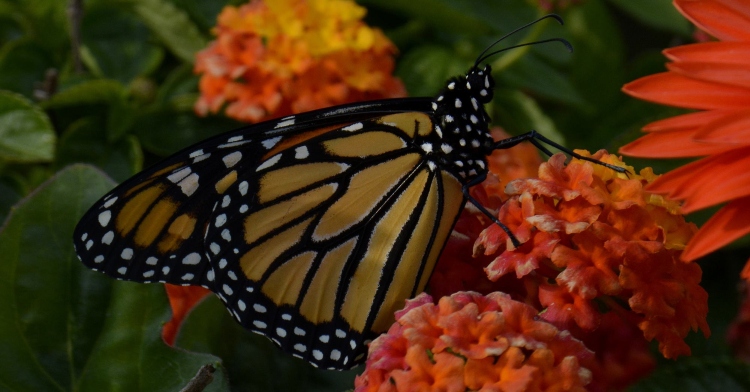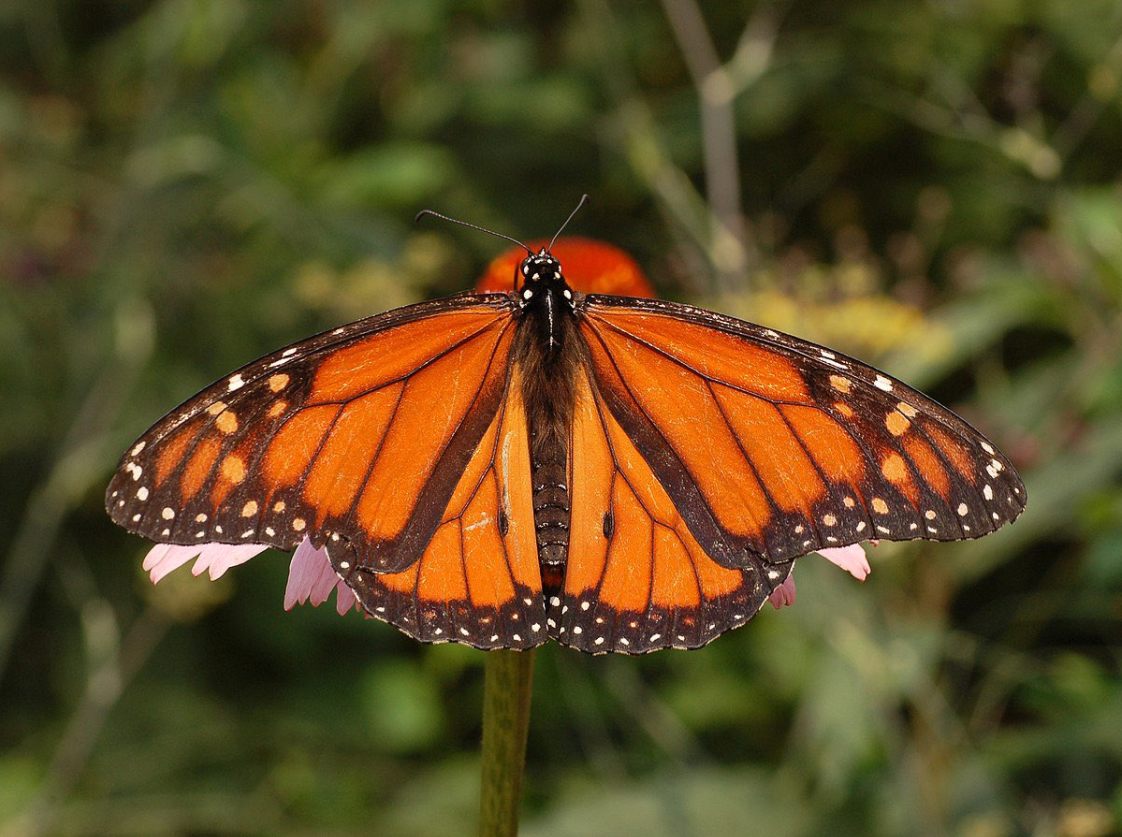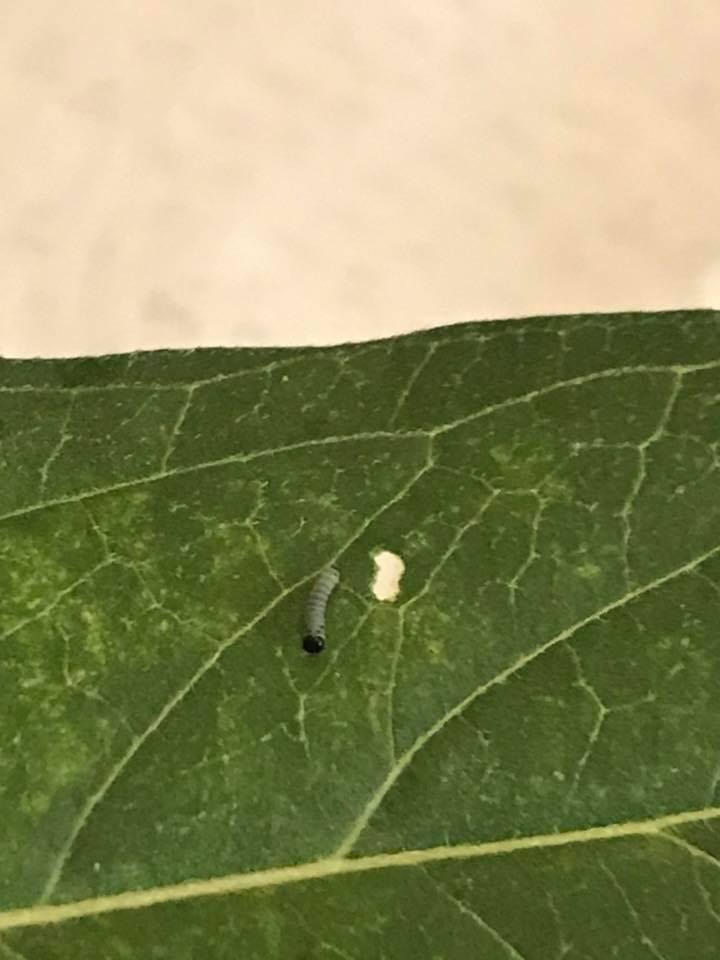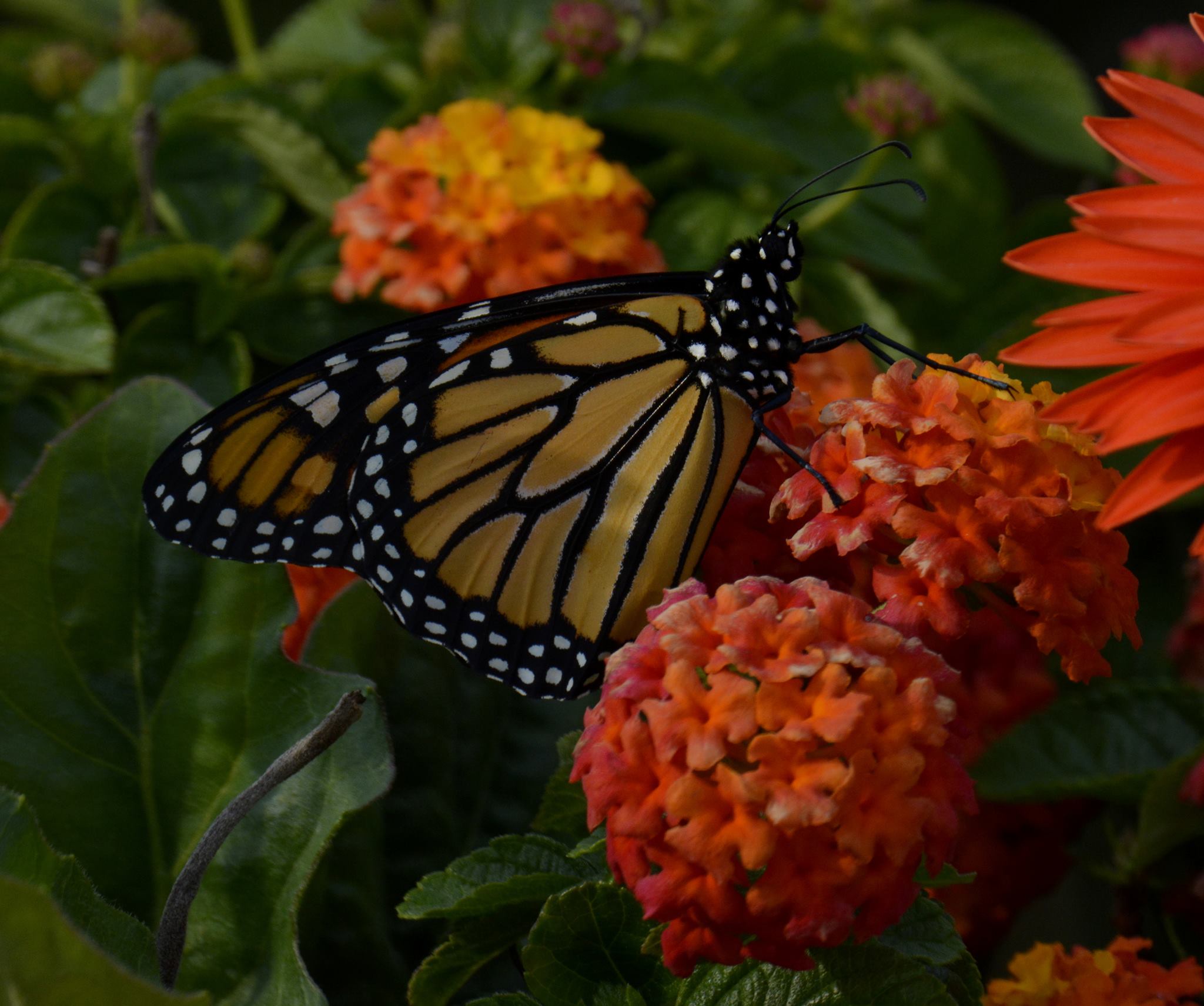For the last 20 years, the monarch butterfly population has been declining, leading to all sorts of conservation efforts.
Throughout the U.S., volunteers are raising butterflies in hopes that enough of them will survive to turn those numbers around. To keep track of them, each insect is tagged with a unique code.
Although several make it to adulthood, the average monarch only lives for two to six weeks. Once it hits late summer and early fall, a huge flock migrates from California to Mexico. Those who join this group manage to increase their life span all the way up to eight or nine months.
One woman who raises them, Debbie Kostolansky, has been contributing to the monarch world for five years now. She also owns a hummingbird garden and works at a garden center, but she spends her free time tending to her butterflies.
Part of her process includes gathering eggs from milkweed plants, picking fresh milkweed for her caterpillars to eat, and cleaning their enclosure twice a day.
Despite her years of raising monarchs, she had yet to have one of her own butterflies make it all the way to Mexico. But that isn’t a reflection on Debbie or her techniques.
The nonprofit Monarch Watch, a great source for education and research, provides the butterfly stickers and keeps track of those who are recovered. According to them, the odds of someone’s tag being discovered in Mexico is about one in 100.
That’s why, when Debbie discovered via Facebook that a woman in Minnesota had found one of her butterflies on the Monarch Watch list of those who’d arrived in Mexico, she couldn’t believe it.
“Oh, let me just check the list,” Debbie recalls saying to herself. “What are the chances?”
Carefully going down the list, she discovered the first four letters of the code were ACBM, exactly like hers. The numbers that followed, 486, also matched, but she was too shocked to believe it right away.
“In the morning I double-checked, because I thought I was seeing things,” she said.
Checking twice only confirmed that she was right the first time – one of her very own monarchs had beaten the odds and survived the 2,000-mile journey to Mexico!
“I was super, super excited,” she said. “I just kind of felt like I did something good.”
Debbie plans to continue raising these beautiful creatures, even releasing 25 more just a few weeks after getting the good news. The odds of getting a second confirmed landing in Mexico may be low, but Debbie doesn’t mind.
“It may never happen for me again, but that’s OK,” she said with a laugh. “I had it once.”
What a great way to fight for monarch conservation! Don’t forget to share this story with a friend to make them smile.
Want to be happier in just 5 minutes a day? Sign up for Morning Smile and join over 455,000+ people who start each day with good news.






